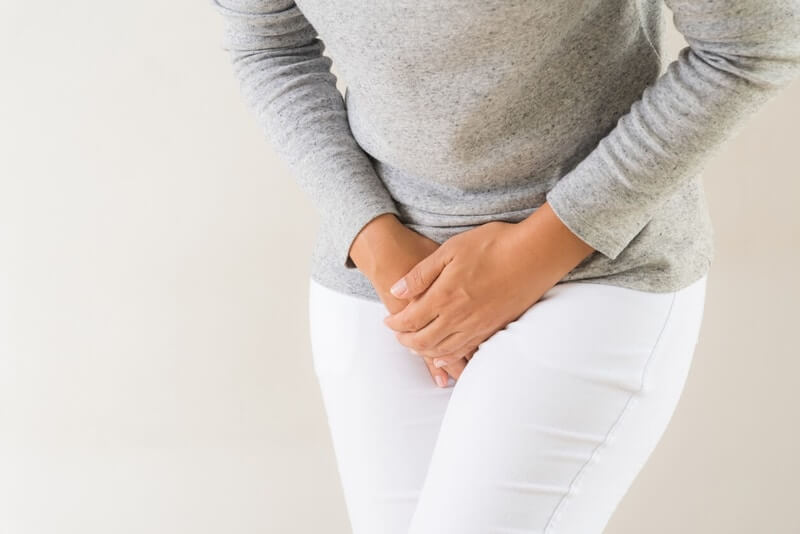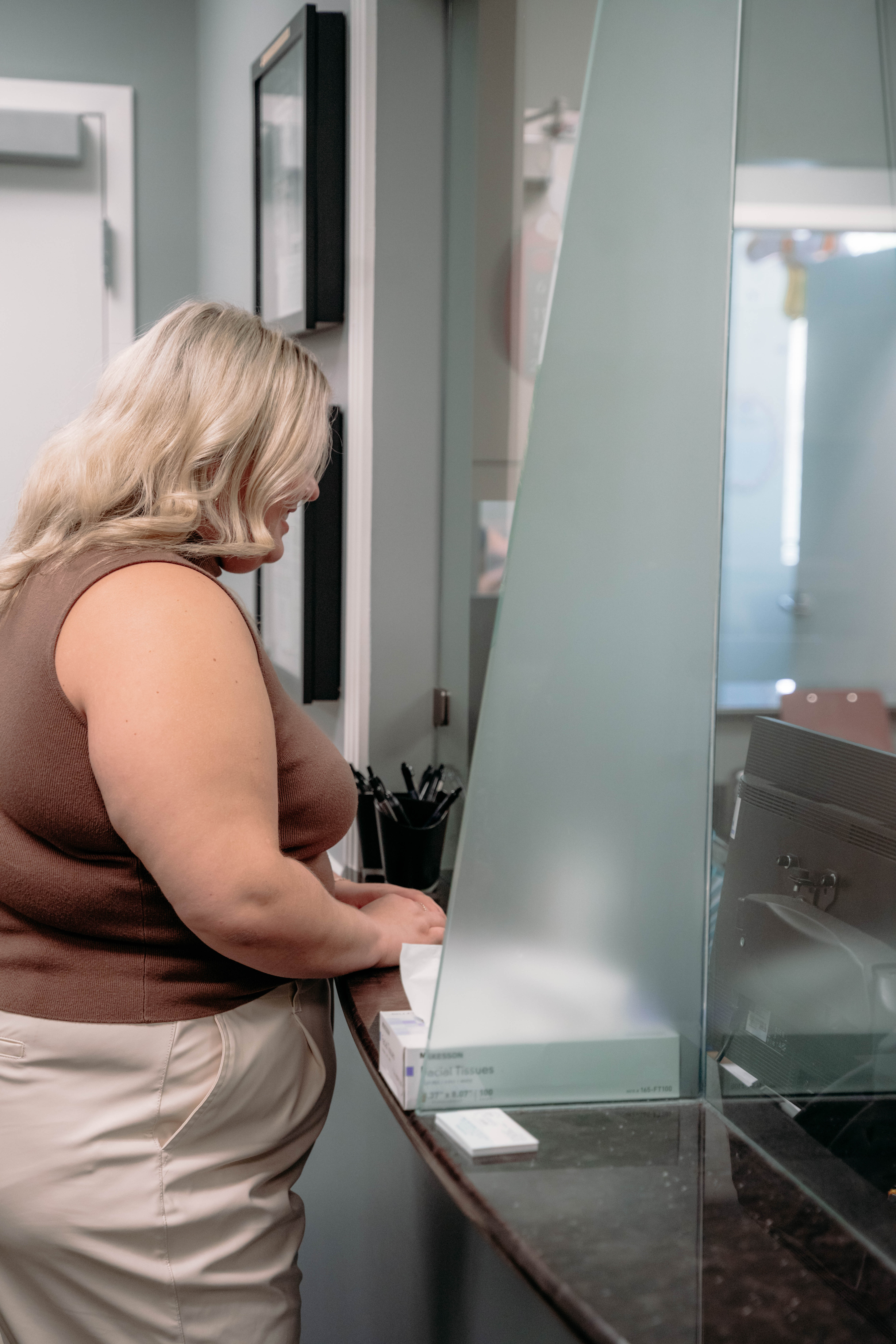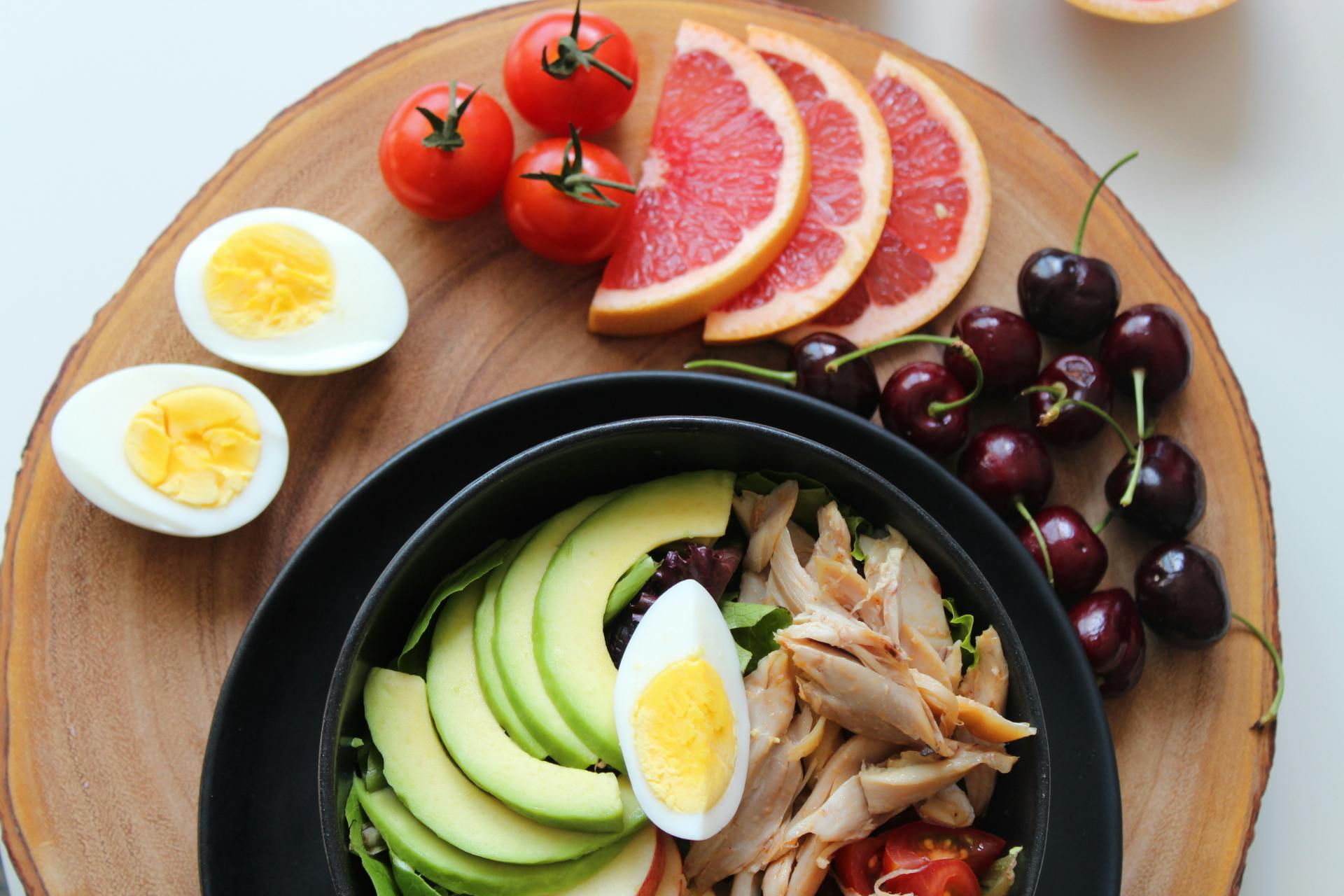There are few things that raise alarm bells in people’s heads — like feeling pain when doing something mundane. It’s one of those things that are easy to take for granted — until suddenly — it feels like there’s something wrong. Such is the case with painful urination. Why does it happen? What can you do to treat it? And, is there anything you can do from keeping it from happening again?
Why does it burn or hurt when I pee?
There are several reasons why someone may feel pain when urinating. These reasons may include:
Urinary Tract Infection (UTI)
Urinary tract infections are caused by bacteria. While they can happen anywhere in your urinary tract — kidneys, ureters, bladder, or urethra — most UTIs occur in the lower tract and are accompanied by increased frequency of urination, burning while urinating, not passing a lot of urine, cloudy urine with a strong odor, and sometimes, blood in the urine.
If the bacteria moves to the upper tract, it can go from a painful discomfort to life-threatening. When such is the case, you’d also experience nausea, chills, vomiting, fever, and back pain. Both types of urinary tract infections need to be treated with antibiotics. If you’re experiencing symptoms of a lower UTI, schedule an appointment with your doctor as soon as possible to prevent it from spreading to the upper tract.
How to prevent them: You can prevent urinary tract infections by staying hydrated throughout the day. In addition, do not hold urine for long periods of time, avoid using spermicides, and urinate before and promptly after having sex.
Related article: UTI Do’s and Don’ts
Cystitis
This condition occurs when there’s an inflammation of the bladder — and is often the result of a urinary tract infection complication. It could also develop as a side effect of certain medications. It can either be acute — which means it occurred suddenly, or interstitial — which is chronic and affects several layers of your bladder.
Symptoms are the same as a UTI, but also include a feeling of pressure on your bladder, abdominal cramps, pain during sexual intercourse, and back pain. Just as with a lower tract UTI, cystitis can spread to the kidneys and become a serious health issue.
How to prevent it: Whenever you have a urinary tract infection, seek medical treatment immediately to prevent it from developing into cystitis. In addition, wipe from front to back after bowel movements, stay hydrated, and avoid douching.
Sexually Transmitted Infection (STD or STI)
Gonorrhea and chlamydia can both cause painful urination. In the case of gonorrhea, the burning sensation while peeing is also accompanied by unusual vaginal discharge and spotting between periods. In the case of chlamydia, symptoms may also include pain when having sex and unusual vaginal discharge.
The sexual encounter that caused the sexually transmitted disease doesn’t necessarily have to be recent, since it’s possible to be infected for years without having any symptoms. But, it’s important to get tested if you suspect an old or new partner may have an STD or STI.
How to prevent them: Anyone who is sexually active could get a sexually transmitted disease. However, there are several things you can do to minimize risks. These include using condoms correctly every time you have sex with a man — and a dental dam when you have sex with women. Be in a monogamous relationship with someone who has been tested for STDs — or limit your number of partners. Get tested regularly for sexually transmitted diseases, and wash and sterilize sex toys between uses.
Kidney Stones
Kidneys remove waste from your body. If you have too much waste and not enough hydration in your blood, toxins can stick together, forming clumps that are called kidney stones. They are more likely to happen to people who don’t drink enough water, are overweight or obese, or eat a diet high in protein, sodium, or sugar — among others.
In addition to painful urination, kidney stones also result in a sharp pain in your back and/or lower abdomen, nausea, vomiting, and blood in your urine. Treatment will vary depending on whether the stones are blocking your urinary tract. For smaller stones, medication and staying hydrated may be enough. For larger stones, you may need a ureteroscopy.
How to prevent them: The best way to prevent kidney stones is to stay hydrated, as well as limiting sodium, sugar, and animal protein — you can still eat them, but in moderation. You can also increase your consumption of foods with potassium citrate. These prevent urine from becoming too acidic — thus reducing the likelihood of kidney stones.
Contact Us at OB-GYN Women’s Center
At OB-GYN, we aim to establish trusting relationships with our patients. If you have any nagging questions about your reproductive health, don’t be afraid to ask. We are here to help you.
Contact us to schedule an appointment. We’ll answer all of your questions and strive to procure the best treatment for your sexual health.




